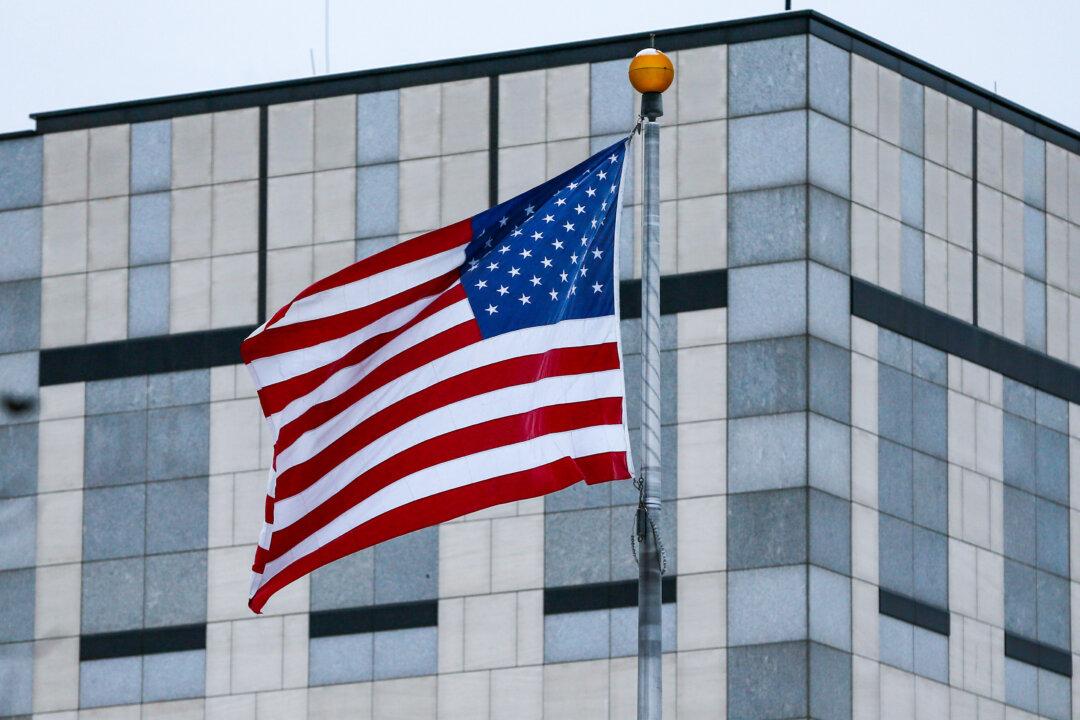President Donald Trump has vetoed the National Defense Authorization Act (NDAA) because it fails to remove Section 230—the liability shield that protects social media companies, among other reasons.
“Unfortunately, the Act fails to include critical national security measures, includes provisions that fail to respect our veterans and our military’s history, and contradicts efforts by my Administration to put America first in our national security and foreign policy actions,” he said in a Dec. 23 statement. “It is a ‘gift’ to China and Russia.”





